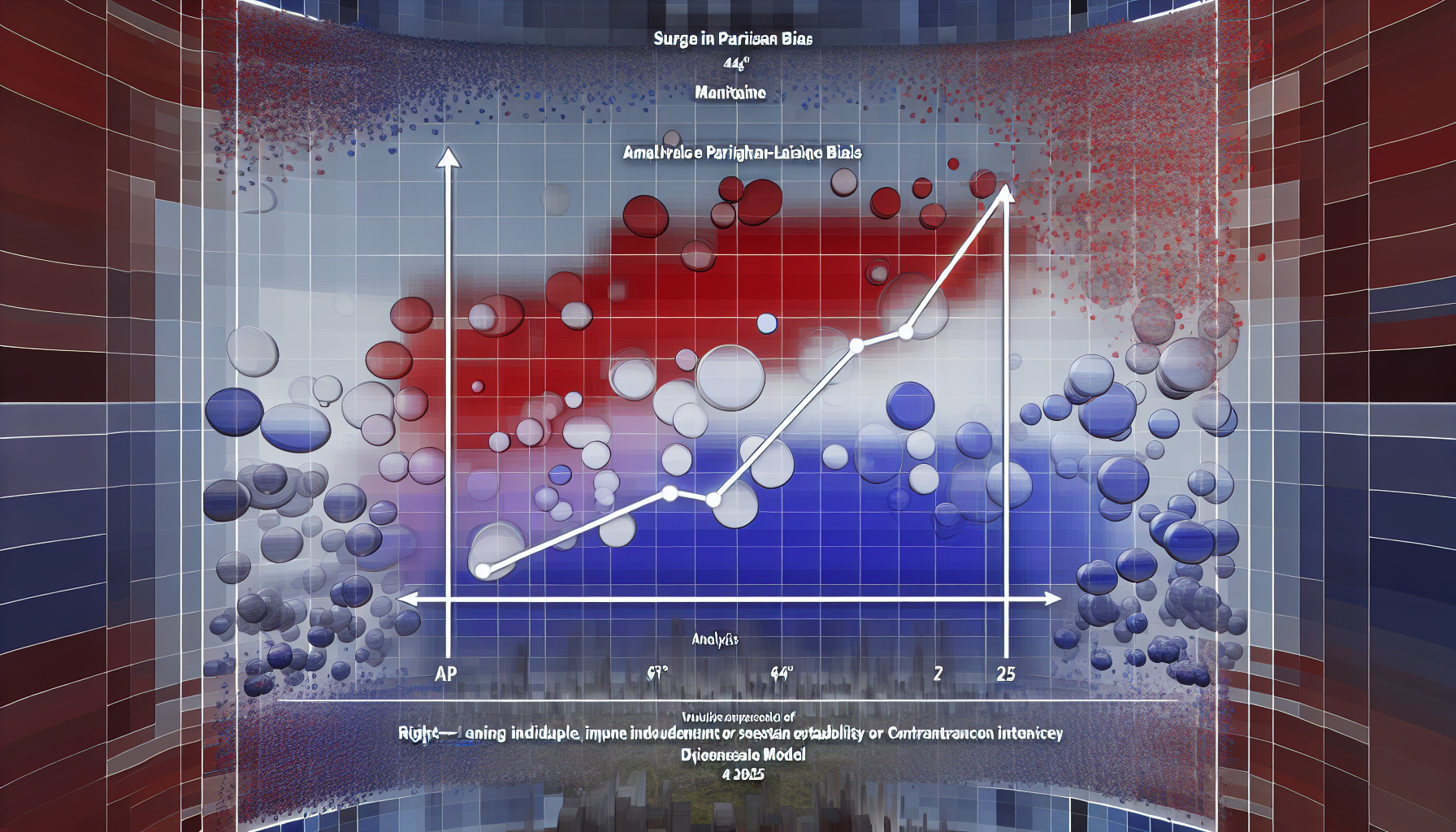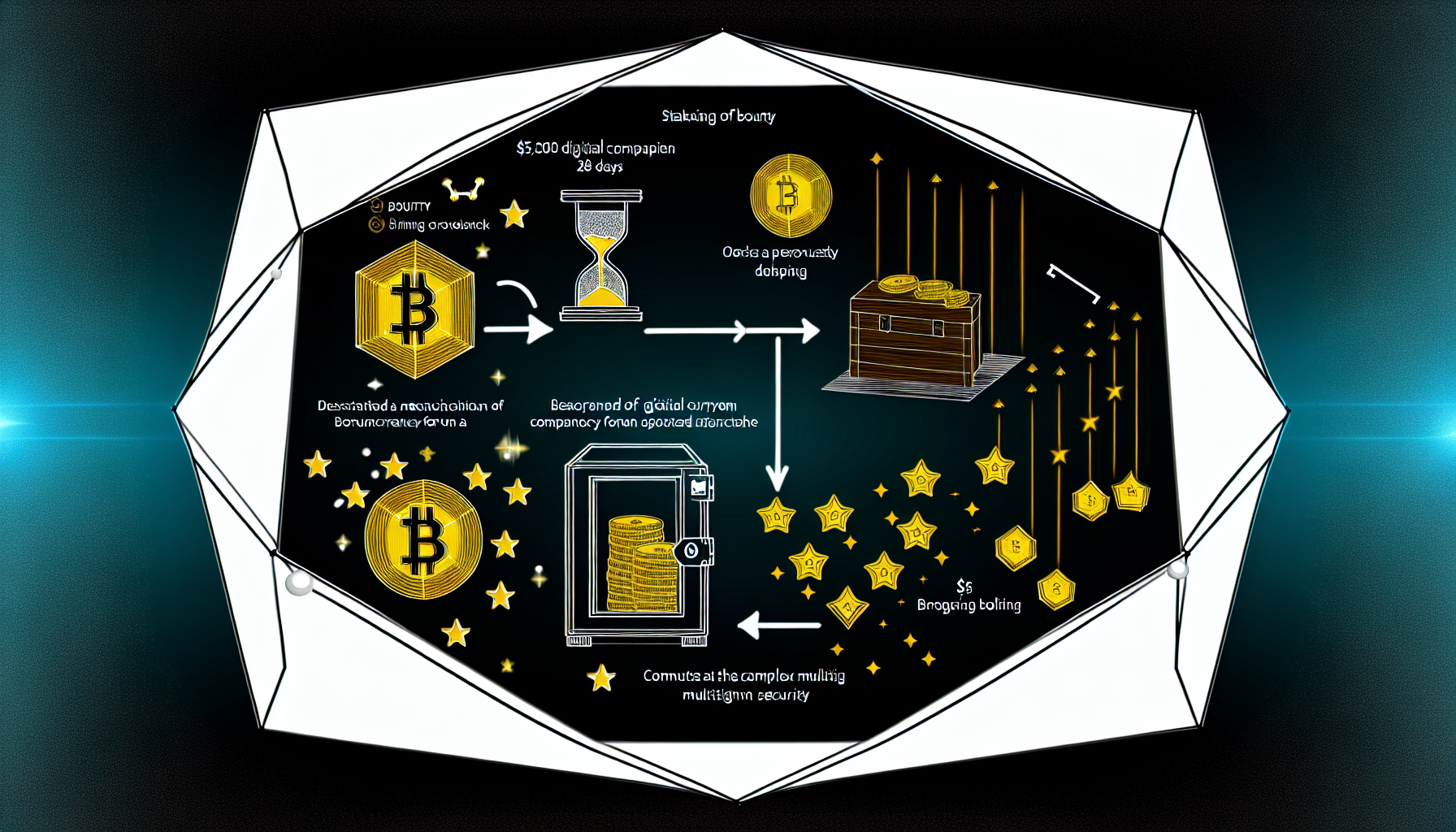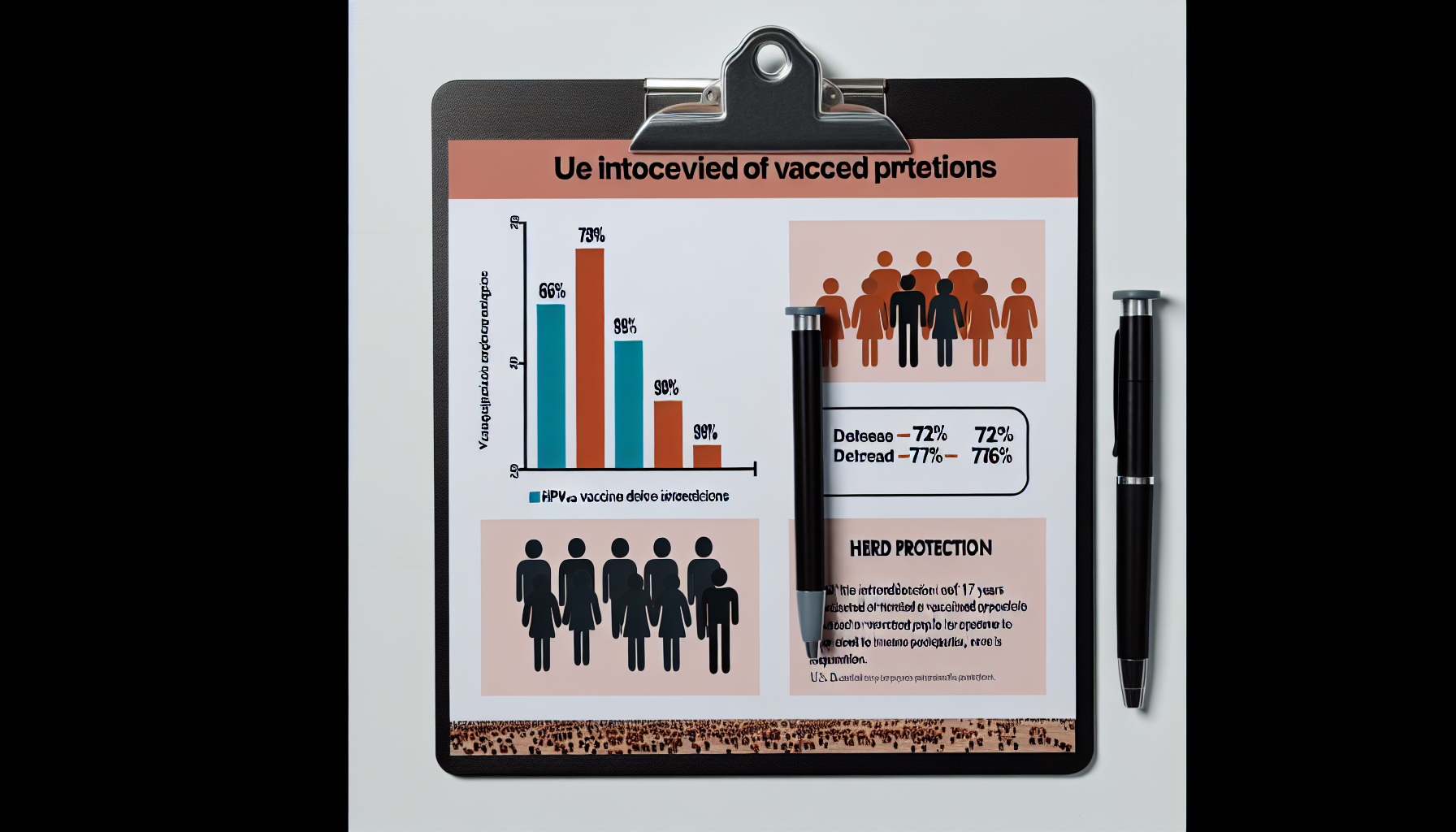New large-scale evidence from Reddit shows partisan moralization is audience-sensitive on the right but steady on the left, sharpening debate about how context shapes moralized political speech online [1]. The April 1, 2025 PNAS Nexus paper by Mamakos, Charlesworth, and Finkel analyzed more than 1,000,000 comments and found right-leaning users spoke more in moralized terms when among copartisans, while left-leaners’ moral tone was largely unchanged across partisan and mixed-company spaces [1].
Key Takeaways
– Shows analysis of 1,000,000+ Reddit comments: right-leaning moral language spikes among copartisans, while left-leaning rates stay flat across contexts [1]. – Reveals left-wing users’ moralization remained stable in copartisan and mixed-company subreddits, per the Apr 1, 2025 PNAS Nexus study [1]. – Demonstrates audience effects: right-leaners used more moralized language in political subreddits, quantified via four embedding models and bootstrapped semantic correlations [3]. – Indicates the observed drop in right-wing moralization when among non-copartisans, estimated from over 1,000,000 comments sampled across mixed and partisan spaces [3]. – Suggests broader platform dynamics matter: related 2024 Reddit research spanned hundreds of millions of comments, 9,000+ subreddits, and 6.3 million users showing pervasive toxicity [5].
What the Reddit data says about partisan moralization
The PNAS Nexus study investigated whether partisan moralization—the tendency to frame political views in moral terms—changes depending on who is listening, focusing on how language shifts within copartisan versus mixed-company subreddits [1]. The authors reported a clear asymmetry: right-leaning users escalated moralized political language in ingroup and political contexts, while left-leaning users exhibited relatively constant moralization across both partisan and mixed environments on Reddit [1]. This pattern emerged from language models trained on more than one million comments, allowing the team to quantify moralization as it naturally occurs in user discourse [1].
Crucially, the authors emphasize that audience composition appears to matter for right-leaning users, consistent with the idea that people adapt their language depending on perceived allies or adversaries in the room [1]. Left-leaners did not exhibit the same audience-related variation: their rate of moralized expression remained comparatively steady, whether among their own or in politically mixed spaces [2]. These findings indicate that moral tone is not just a function of ideology but also of the conversational context in which partisans speak online [1].
Audience context and partisan moralization patterns
The researchers compared comments across copartisan subreddits—spaces where users can expect ideological alignment—and mixed-company subreddits, where participants with opposing views likely co-mingle [3]. Right-leaning users’ moralization rates were higher among copartisans and in political subreddits, then dipped in mixed-company contexts, signaling a responsiveness to audience and topic salience [3]. Left-leaning users, by contrast, showed minimal change in moralization between copartisan and mixed venues, suggesting that their moral framing is less contingent on audience composition in this dataset [3].
The pattern held even when the discussion setting was inherently political, underscoring that the effect is not simply about politics versus nonpolitics, but who is presumed to be listening when politics are discussed [4]. One interpretation advanced by the authors is that audience effects—and possibly self-censorship—help explain when and where moral language is deployed, particularly for right-leaning users who may strategically adjust tone depending on whether they are surrounded by ideological allies [1]. This audience sensitivity points to a broader phenomenon in online political discourse: the social calculus of speaking in moral terms may be conditional on perceived approval or pushback [3].
Methods, models, and measurement of partisan moralization
To reduce measurement bias and avoid over-reliance on predefined dictionaries, the study used four word-embedding models to measure moralization semantically rather than by fixed keyword lists [1]. Embedding-based approaches capture relationships between words in context, which can detect moral framing even when users avoid canonical moral vocabulary [1]. The authors then employed bootstrapped correlation tests and distributions to assess robustness, helping rule out that the results were artifacts of a single model or sample split [2].
This multimodel strategy increases confidence that observed differences—right-leaning moralization rising amid copartisans and falling in mixed spaces, with left-leaners steady—reflect underlying discourse patterns rather than model-specific noise [3]. The sample exceeded one million Reddit comments, a scale that supports fine-grained comparisons across subreddit types and audience compositions [1]. Together, the four-model triangulation and bootstrapped tests strengthen the internal consistency of the reported context-by-ideology interactions in moral language [2].
Why context-sensitive moralization matters for platform governance
Moralized language can energize communities, mobilize action, and define in-group norms, but it can also polarize discussions and harden boundaries between political camps [1]. If right-leaning users are more likely to moralize among allies, platform dynamics that segregate users by ideology could amplify that moralization and, by extension, intensify affective divides [4]. Conversely, mixed-company spaces might temper moralization among some users, though the steady rates among left-leaners indicate that simply mixing audiences is not a uniform “dial” that lowers moral tone [1].
These dynamics have implications for recommendation systems, subreddit moderation, and community design. Algorithms that funnel like-minded users together could unintentionally increase the prevalence of moral framing among right-leaning communities, potentially raising the temperature of political discussion in those spaces [4]. Recognizing audience effects in partisan moralization can inform policies that seek to promote civility without suppressing legitimate political expression [1].
How toxic discourse shapes where partisan moralization appears
Complementary research in 2024 found that partisan contexts on Reddit are more toxic and that users active in partisan arenas tend to be more toxic even when they post in nonpolitical forums [5]. That study spanned hundreds of millions of comments across more than 9,000 subreddits and 6.3 million users, showing that selection effects and dispositionally uncivil users contribute to the platform’s partisan incivility [5]. While toxicity and moralization are not identical constructs, they are related in practical moderation terms: moralized language can overlap with heated rhetoric and norm enforcement [5].
Taken together, the two strands of evidence suggest a layered picture: audience composition can shift moralization for some users, and engagement with partisan spaces correlates with higher toxicity overall [1]. This confluence implies that interventions aimed at reducing harmful discourse may need to account for both the audience structure of conversations and the behavioral profiles of highly engaged partisan users [5]. Considering these factors jointly can help forecast when moral language is likely to escalate and when it might remain steady [1].
Caveats, causality, and what to watch next
The 2025 PNAS Nexus study is observational and cannot definitively establish causality; the authors recommend future causal designs to test whether audience composition directly drives changes in moral language [3]. Self-selection into subreddits may also matter: users who choose copartisan spaces could be predisposed to moralize more, independent of the immediate audience [1]. Still, the combination of four embedding models, bootstrapped tests, and a million-plus comments reduces the likelihood that findings reflect measurement artifacts or idiosyncratic samples [2].
Generalization is another consideration. Reddit’s culture, norms, and anonymity differ from other platforms, which may limit how far these results can be extended to environments like Facebook or TikTok [4]. Yet the consistency across models and contexts indicates the observed asymmetry—right-leaning moralization being context-sensitive, left-leaning moralization remaining stable—captures a robust feature of political language on Reddit [1]. As platforms and researchers refine measurement, expect more precise estimates of how audience cues shape moralized speech and, by extension, polarization dynamics online [3].
What this means for researchers, journalists, and moderators
For researchers, the study underscores the value of embedding-based, lexicon-light approaches to detect moral framing at scale without predefining the vocabulary of morality [1]. For journalists, it cautions against treating moral tone as a fixed attribute of “the left” or “the right”; context—especially the presence of allies—can sway how some users present political beliefs [1]. For moderators and product teams, it highlights the need to consider audience composition when designing interventions to lower heat without stifling political participation [4].
Future work might integrate causal experiments, randomized exposure to mixed-company threads, or platform-level natural experiments to isolate audience effects more cleanly [3]. Linking moralization with downstream behaviors—such as participation in contentious events or norm enforcement—could clarify when moral language becomes productive debate versus polarizing rhetoric [1]. The data so far indicate that who listens matters—and that moral tone does not move uniformly across the partisan spectrum on Reddit [3].
Sources:
[1] PNAS Nexus – Moralizing partisanship when surrounded by copartisans versus in mixed company: https://academic.oup.com/pnasnexus/article/4/4/pgaf105/7471234
[2] PubMed – Moralizing partisanship when surrounded by copartisans versus in mixed company: https://pubmed.ncbi.nlm.nih.gov/40213809/ [3] PMC – Moralizing partisanship when surrounded by copartisans versus in mixed company: https://pmc.ncbi.nlm.nih.gov/articles/PMC11983280/
[4] Northwestern Institute for Policy Research – Moralizing Partisanship When Surrounded by Co-Partisans Versus in Mixed Company (WP-24-23): www.ipr.northwestern.edu/our-work/working-papers/2024/wp-24-23.html” target=”_blank” rel=”nofollow noopener noreferrer”>https://www.ipr.northwestern.edu/our-work/working-papers/2024/wp-24-23.html [5] PNAS Nexus / Oxford Academic – The social media discourse of engaged partisans is toxic even when politics are irrelevant: https://oxfordjournals.org/pnasnexus/article/2/10/pgad325/7293179
Image generated by DALL-E 3










Leave a Reply